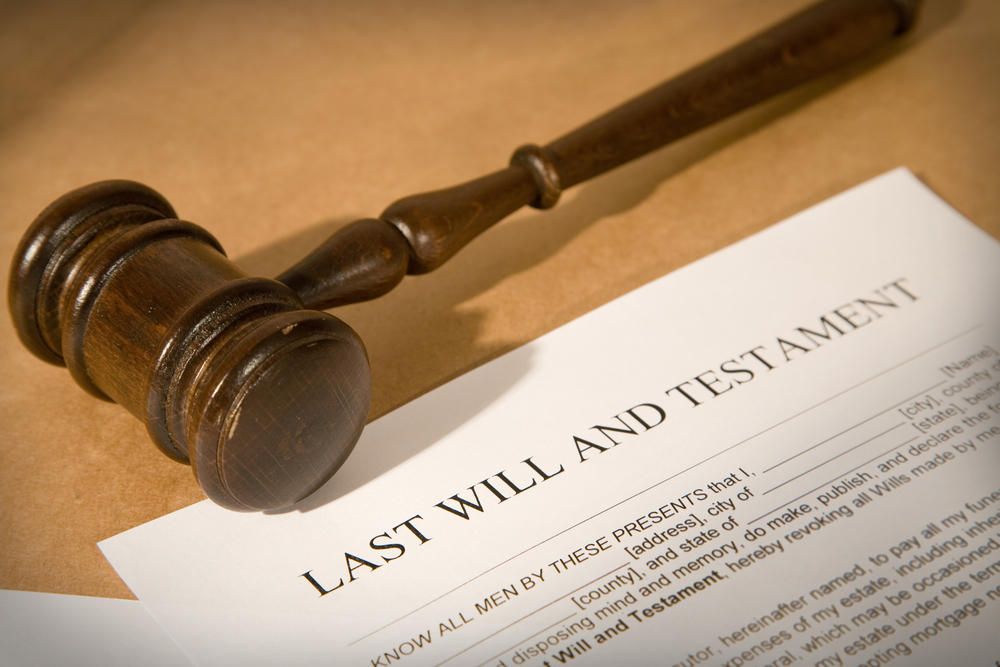Estate Planning
Everyone needs an Estate Plan. An estate plan is primarily a plan that tells others what to do if you die or are no longer able to speak for yourself. The plan can be simple or complex. The level of complexity depends on the size of your estate, how private you are, and how you want your debts and assets handled.
If you fail to make a plan, then State law and its Courts decide what will happen to you, your loved ones and your estate. An estate planning lawyer can make sure that you have the documents you need to accomplish what you want.
The documents must be drafted according to the laws of North Carolina. Technical errors could make any of these documents unenforceable. Many people try to use do-it-yourself forms and often are left with documents that cannot be used or do not accomplish what they want. A qualified estate planning lawyer can make sure that your documents comply with the law and that they accurately represent your wishes.
A basic estate plan includes the following documents:
Last Will & Testament
Financial Power of Attorney (aka Durable Power of Attorney)
Health Care Power of Attorney and HIPAA Authorization
Living Will
Below you will find a more detailed description of each of these documents and more about trusts.
Click here to contact attorney Gena McCray or call us at (919) 497-0091 for more information.
If you are already a client or coming in for a consultation for an estate plan, look on the client homework page for worksheets and information you can gather to help your attorney learn about you and your family to be able to give you good legal advice and guidance.
Last Will & Testament
A Last Will & Testament allows you to tell others what to do with your property when you die. Do you want your assets to go to your spouse when you die? Under North Carolina law your assets may not automatically go to your spouse. The best way to ensure that your spouse gets everything is to make a will.
If you and your spouse die, who will care for your children? A Will is the best place to name a guardian for your minor children and appoint someone to manage their assets until they are old enough to manage the assets.
If you do not want the state of North Carolina or any other State to decide what to do with your property or who will care for your children, then you need to make a Last Will & Testament.
Financial Power of Attorney (aka Durable Power of Attorney)
If you are unable to make decisions for yourself, such as being in a coma, who will pay your bills and manage your property? Without a document giving someone authority to handle those things, the Clerk may need to appoint a person to be “Guardian of the Estate” to handle your property and finances – a person you did not chose. If you would prefer to choose the person who will handle your finances should you be unable to handle them, you need a Financial Power of Attorney.
Health Care Power of Attorney and HIPAA Authorization
If you are unable to talk with doctors or unable to make treatment decisions, who will make those decisions for you? Without a document giving someone authority to handle those things, a person may be appointed to be “Guardian of the Person” to make health case decisions – a person you did not chose. You can appoint someone ahead of time to handle your treatment decisions in a Health Care Power of Attorney.
In addition, the Health Insurance Portability and Accountability Act (“HIPAA”) restricts medical providers from releasing patient information to unauthorized persons. Without a properly drafted Health Care Power of Attorney, your loved ones may not be able to control your medical care, or even find out the status of your health.
If you would prefer to choose the person who will handle your health care decisions should you be unable to handle them, you need a Health Care Power of Attorney.
Living Will
If you want to let others know that you do not want to be on life support or do not want certain forms of treatment, a Living Will can do that. Without this document, your loved ones may be faced with some agonizing decisions having no guidance from you.
Trusts
Not everyone needs a trust, but if you have a disabled loved one or would like to make your wishes private, a Trust is a good alternative. Trusts can be used to accomplish a number of goals, such as caring for your spouse or giving to charity. A Trust can be used to manage your children’s assets or prevent them from wasting their assets while they are young. Talk to an attorney about the options Trusts can provide as you establish an estate plan.
Click here to contact attorney Gena McCray or call us at (919) 497-0091 for more information.
